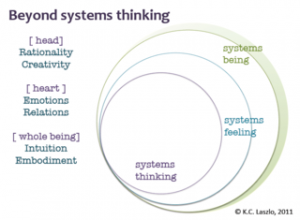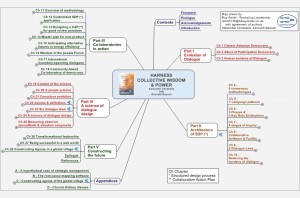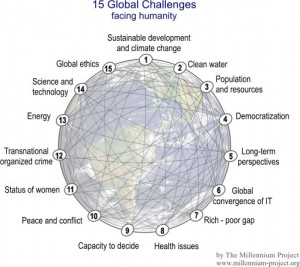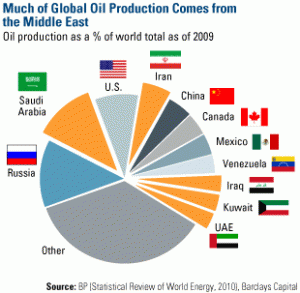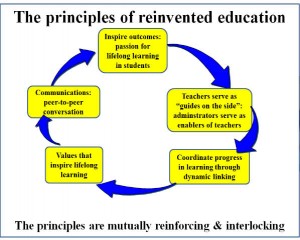
Graphic: Beyond Systems Thinking
Balance, Citizen-Centered, Earth Orientation, Multinational Plus, Policies-Harmonization, Political, Processing, Strategy-Holistic Coherence, Tribes, True CostGraphic: Harnessing Collective Wisdom
Analysis, Balance, Budgets & Funding, Capabilities-Force Structure, Citizen-Centered, Earth Orientation, Innovation, Leadership-Integrity, Multinational Plus, Policies-Harmonization, Political, Processing, Reform, Strategy-Holistic Coherence, Threats, Tribes, True CostGraphic: Pentagon Focused on 10% of the Threat
Balance, Budgets & Funding, Capabilities-Force Structure, Corruption, Political, Strategy-Holistic Coherence, Threats, True Cost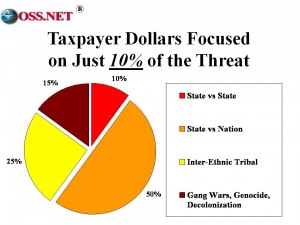
See Also:
Graphic: 1998 Homeland Vulnerability Pyramid
Graphic: 2002 New Theory of War & Defense
Graphic: Four Forces After Next with IO
Graphic: Four Global Belligerent Groups Today
Graphic: Four Threat Classes
Graphic: Medard Gabel’s Cost of Peace versus War
Graphic: OSINT and Multinational Defense in Depth
Graphic: OSINT, Missions, & Disciplines
Graphic: Principles of War versus Principles of Peace
Graphic: Intelligence Maturity Scale
Graphic: Fifteen Global Challenges (Millenium Project)
Analysis, Balance, Budgets & Funding, Capabilities-Force Structure, Earth Orientation, Multinational Plus, Policies-Harmonization, Political, Strategy-Holistic Coherence, Threats, True CostGraphic: Accessing Knowledge with Visualization
Analysis, ICT-IT, Innovation, Multinational Plus, Processing, Strategy-Holistic Coherence, Tribes, True Cost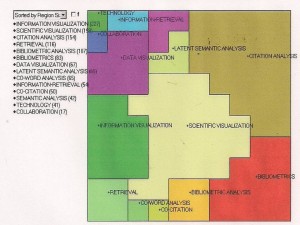
Börner, K., Chen, C., & Boyack, K. W. (2003). Visualizing knowledge domains. Annual Review of
Information Science and Technology 37, 179-255.
Phi Beta Iota: The sophistication of advanced analytics in selected sectors of the private world is at least an order of magnitude greater than that to be found within government. The next level beyond this is the mapping of who knows who in the field–those who do not publish but have “ground truth” knowledge that is priceless. In the above example, information retrieval yields far less than information visualization, and even less than the various methods combined. All of the above is severely limited for being primarily in English. China has created its own citation analysis index, and others such as Brazil surely have their own methods, but there is no global “all languages” knowledge visualization, retrieval, and integration schematic. In the areas of indigenous knowledge, just now being appreciated by ethnocentric studies, the situation is even worse.

